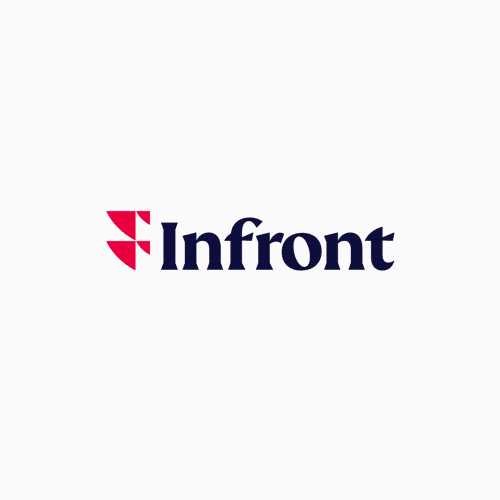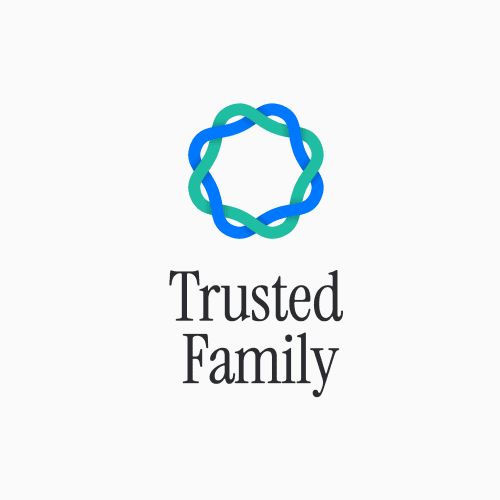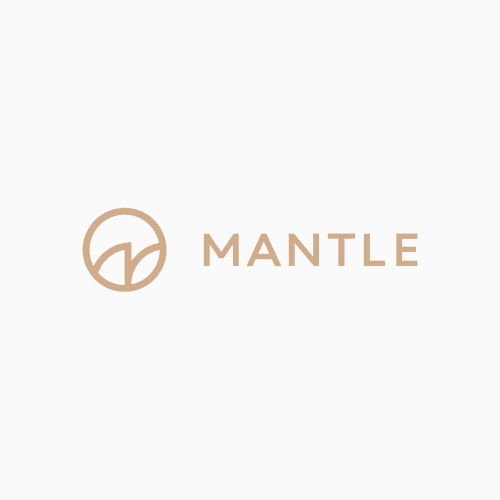In 2022, the Collins Dictionary chose “Permacrisis” as the word of the year. It best describes the current period of uncertainty and feeling at risk, living through a time of war, inflation, and political instability. And as this year has been the year of ‘getting back to normality’ for many, levels of movement, travel, and associated risk have ballooned.
For family offices looking to protect clients, the global private security sector is notoriously opaque and hard to navigate. So, it is often associated with the tagline ‘reactive or expensive.’ As a Chartered Security Professional with over 27 years of experience in the private and family office sector, we developed the UMBRA four-pillar approach to capture most modern private clients’ risk needs—physical, digital, reputational, and emotional security.
Physical Security
When considering the physical safety of UHNWIs and families, the level of threat ranges from the extremes of needing a bodyguard to the mild concern of feeling safe at home. With the world opening up, clients who are victims of crime, burglaries, physical security breaches, or indeed crimes against the person have increased.
“ 0.1% of clients need an actual bodyguard, but 100% of all clients need to be able to feel safe.” – Kate Bright, Founder and CEO of UMBRA.
However, instead of feeling overwhelmed during times of chaos, it’s essential to cultivate an assurance mindset. The UMBRA Secure Lifestyle Toolkit contains resources and tools that anyone can use to increase their feeling of safety wherever they are. For family offices, in particular, mitigating physical risk can begin by asking simple questions such as “Do we know and trust our people?” In other words, the process of recruiting, selecting, vetting, and screening potential employees should be future-proof.
We rounded up a few companies that you might find interesting.
Digital Security
In the evolving landscape where digital and physical risks intertwine, it’s essential to recognise that online actions can impact physical safety and vice versa. Clients are increasingly aware of the correlation between physical and digital risks and the need for proactive security measures.
For family offices, cybersecurity is crucial and having someone internally or externally responsible for the digital strategy can mitigate risks. Plus, prioritising cybersecurity is a great way to signal to other family offices and businesses that you’ve taken your IT security seriously and are a great potential commercial partner for collaborations and investments.

Reputational Security
As private as most clients are, many have a well-thought-out family charter but stop short of defining their family office brand. Positioning the family’s brand is a critical component to consider, as a clear brand purpose acts as a centre of gravity for proactively managing clients’ commitments and legacy. It also enables them to react swiftly and decisively in the face of a crisis.
Even if the family office brand is not publicised externally, a comprehensive strategic communications plan should be thought out for any exposure that the family may have along their wealth journey. Having a clear brand purpose and wealth story acts as a north star for everything from succession planning to philanthropic strategies to proactively managing and protecting our client’s legacy.
Emotional Security
The WHO statistics that 25% of the world is in a mental health crisis at any given time is true across society at all levels, no one can escape from this perennial risk, whatever their wealth exposure. Therefore, in modern family offices, a client’s health and wellness is no longer an off-limits conversation.
“The primary bedrock of Emotional Safety is how mentally and physically fit you are.” – Kate Bright, Founder and CEO of UMBRA.
The modern client needs a team and advisors who can be equal subject matter experts as alive to the importance of Private Client health – as well as their own, and step in with professional signposting where needed. At UMBRA, we are increasingly working hand in glove with other professional advisors in this respect and with a ‘Head of Emotional Security’ – a new role within our business to respond to this need for an Emotional Security Risk Owner for our clients.
Conclusion
The four risk pillars are all interdependent, and all assumptions should be checked regularly. Taking a reactive posture rather than a proactive one is a risk in itself. Creating a crisis playbook that outlines who responds, how they respond, and what qualifies as a risk is a good starting point.
The four pillars of security—physical, digital, reputational, and emotional—present a comprehensive framework for addressing the multifaceted security needs of family offices. This proactive and all-encompassing approach enables family offices to navigate the complexities of today’s risk landscape, safeguarding both the tangible and intangible assets of their clients.










